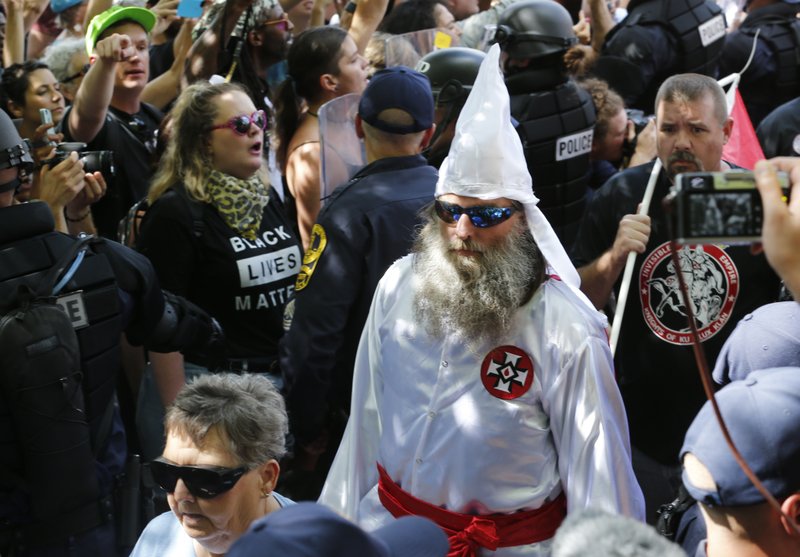
As the Syrian government escalates its attacks on opposition-held suburbs of Damascus, rebels in outlying towns are retaliating with volleys of mortar shells and rockets into the capital, killing more than 25 civilians in the past two weeks and spreading fear among its 4 million residents.
Many parents have stopped sending their children to school. Some are skipping work and hunkering at home. Some are even contemplating leaving until it all calms down.
The scope of the rebel attacks on Damascus pales in comparison to what has rained down from warplanes on eastern Ghouta, where more than 400 people have been killed this week in the region only a short drive from the capital.
But the intensity of the shelling has brought renewed anguish and suffering to the population, shattering a prevailing sense for some time now that the war — or the worst of it — was over.
Issam Dhahi, a 45-year-old resident of the Qassaa neighborhood, said his two children haven’t been to school or university for the past 15 days, and the family only ventures out to buy necessities. The predominantly Christian neighborhood has been a regular target of random shelling, bringing life to a standstill.
Five people from his neighborhood were wounded Wednesday and five others were killed since the beginning of February, Dhahi said. Usually packed shops in the mixed commercial and residential district now close at 5 p.m., so people can get home before dark.
“My son’s car was hit yesterday with shrapnel. … Today, a condolences ceremony at a church in Qassaa was canceled because of fear. Everyone is staying at home,” he said.
President Bashar Assad has consolidated his control over key areas of Syria in recent years with the support of Iran and Russia, but he has been unable to stop the rebels from occasionally striking at his seat of power from the sprawling Ghouta suburb. The mortar and rocket attacks stopped almost completely last summer after a Russia-brokered deal was struck with the rebels, designating eastern Ghouta to be a de-escalation zone.
For months until December, Damascus was brimming with life, its cafes and restaurants packed with people and its streets jammed with traffic again. There was hope that with Homs, Aleppo and Deir el-Zour back in the government’s control, the conflict was winding to a close.
That sense has been shattered after the government escalated its attacks earlier this month on Ghouta, the only remaining rebel stronghold near the capital. Since Feb. 18, militants in the rebel-held suburbs have hit back hard, sending dozens of shells and rockets to Damascus each day, striking in markets, residential buildings and near schools in the Old City, Qassaa, Bab Touma, Umayyad Square and the suburb of Jaramana.
In three days this week, 17 people were killed, including 13 on Tuesday when 114 shells hit Damascus and its countryside. Among the dead was Lama Fallouh, a program officer at the Damascus Opera, who was killed when a shell struck near the landmark Umayyad Square in central Damascus, along with two brothers in their 20s in Jaramana and several children.
The whistle and thud of mortar rounds and rockets can come at any time. At home and at work, residents take shelter in corridors and bathrooms when the first shell hits.
“It feels like war all over again,” said a mother of three who asked not to be identified because she feared for her family’s security. “I get so scared every time my children or husband leave the house, I count the seconds till they’re back.”
The government has refused to order schools to shut down, although private schools and university can make their own decisions on whether to close.
In Jaramana, where more than 14 people have been killed since the beginning of the month, streets are deserted.
Ghabi Nakazi, the 60-year-old owner of a clothes factory, said he still goes to work despite safety concerns.
“Nothing will stop me,” he said, calling on the army to eliminate what he said were “terrorists” holed up in the nearby suburbs.




